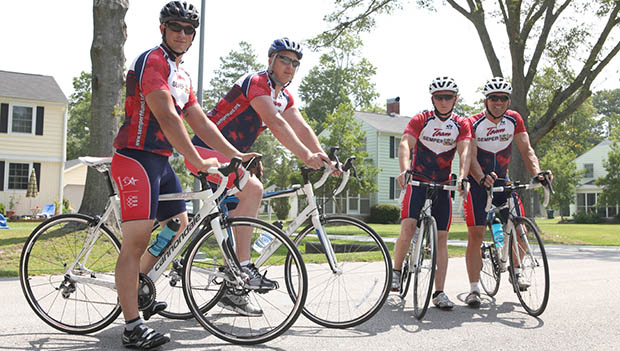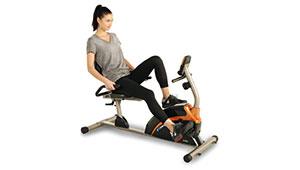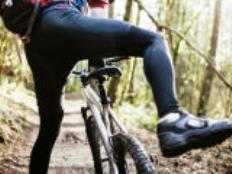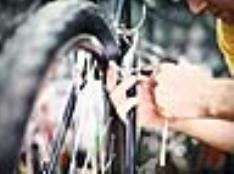
If a hosted training camp just isn't feasible for you this season, don't worry. You can create your own preseason training block that meets your specific needs, calendar and budget.
Stay at Home
You don't have to travel to create your own training camp. Take a long weekend away from work and put in the miles . But you will have to be disciplined about treating a long weekend at home like a riding camp and not time off to chill out on the sofa.
Driving Distance
The easiest way to travel to a training camp is to drive. Not flying with bikes makes for a lot less hassle. And, you can bring everything you need for your camp with you.
Accommodations
Look for affordable accommodations. Hotels are great, but an Airbnb might be better: You'll have access to a kitchen and likely a lot more space than a hotel room. Check to see if laundry facilities are available. If not, search online for local laundromats, and look up local bike shop locations and hours—it's good to know where to go if you have a mechanical issue that could spoil your ride.
You Gotta Eat
When searching for accommodations, search out local restaurants and grocery stores and their proximity to where you're staying. Do you have to make reservations? What are the reviews and ratings of preferred eateries? Research before you go; food shopping while hungry after a long day in the saddle is never fun.
Off the Bike Entertainment
Are there other attractions within in a short distance of where you're riding? Check for museum hours or what times those movies you want to see—but haven't yet—are playing. Are there places to picnic? Look up park hours and regulations. Bring a deck of cards or board games to have fun while recovering from your rides.
Stick to a Plan
Plan for big days—you're at a training camp! If you're not on a training plan , consider making or getting on one while you're at camp. Even if you're going solo, it's good to have structure for day-to-day rides, recovery and entertainment to ensure you get the most out of your trip.
Set Goals
Set goals—mileage or time—and plan your rides accordingly. Have a goal for the entire camp, and break it down into daily and even per-ride goals. But it's also OK to go without a riding plan one day and just keep things fun!
Schedule Ahead
Plan your rides well in advance so you're not struggling the day of. Check out Map My Ride, Strava and Google for safe roads and routes to ride. If you're going to be frequently riding on the same roads, consider riding it in both directions. Space repeat routes out by a few days to explore new roads, and then test yourself on the more familiar ones to see your improvement over the trip.
If you're going to be on the road for long rides, try to plan mid-ride stops at convenience stores or somewhere you can refill your hydration bottles.
What to Bring
Make a list—and check it twice—of everything you'll need for your camp. Include an extra day of cycling kit, rain gear, plenty of sports nutrition and hydration, bottles, extra tubes and CO2 cartridges. Don't forget a floor pump, tools and recovery aids, like foam rollers and massage tools. And pack comfortable and appropriate clothing for off-the-bike adventures as well.
Support Vehicle
If you're going with a group, plan for one session or part of a day to drive a chase vehicle. Not only does this make everyone feel like a pro, but if a catastrophic mechanical—like a broken chain—happens while someone is riding, they can hop in the sag wagon and not be stuck on the side of the road, calling a cab or a Lyft to get back home. Even with a support vehicle, it's always a good idea to bring along an emergency repair kit.
READ THIS NEXT: Why It's Cool to Be Slow in the Spring








Discuss This Article